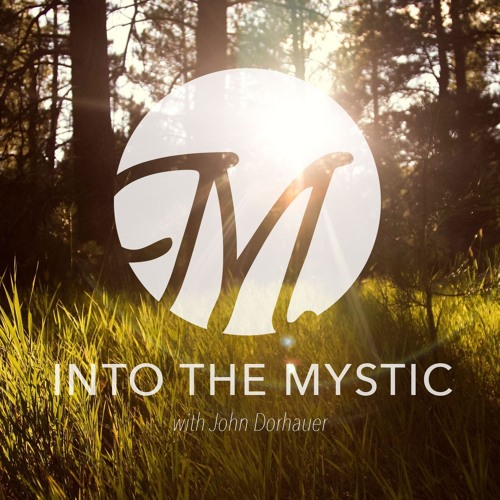Just Peace
Listen to the podcast
Read the transcript
Wars can never do the work of redemption, even when their causes meet generally agreed-upon criteria for justice.
So writes Elizabeth D. Samet in her new book Looking for the Good War: American Amnesia and the Violent Pursuit of Happiness.
Early in my seminary career, while still preparing for what I thought would be my life as a Catholic priest, I was made aware of the Just War principles. Because of the seminary’s predilection for Aristotelian-Thomistic philosophy, the particular roots of the theory I learned originated with Aristotle, were further developed by Augustine, and again modified by Aquinas.
My first encounters with the theory, while coming early in my development as a maturing and yet never more than amateur theologian, found me intrigued by the concept, grateful for the standards they applied to these onerous decisions, and hopeful that any nation engaging in war would adhere to them.
Over time, though, and likely influenced by my coming of age during the ravages of the Viet Nam war that was literally televised, I came to the painful conclusion that the acceptance of these principles ultimately led arbiters of such matters to believe that war could indeed be an option worthy of our consideration.
As a person whose spirituality is grounded deeply in the belief that every life is sacred and redeemable, my own journey has led me to eschew the notion that there is such a thing as a just war. Theories that postulate them give safe space for governments to craft narratives in defense of decisions that hide other often more nefarious motives for engaging in war.
Now a deeply avowed pacifist, I am more interested in pursuing Just Peace as a pathway to resolving global conflict. I understand in writing that I am revealing what is still extant of my once more robust naivete. War and army and weapon and armory aren’t going away any time soon. And the Hitlers and Pol Pots and Putins of the world aren’t going to easily lay down their arms without the threat of someone with bigger arms.
But throughout human history, we have lived within the escalating cycle of violence begetting violence.
Christ lived inside the ethic of do unto others as you would have them do unto you. He turned the other cheek, walked the extra mile, prayed for his persecutors, loved his enemies, and turned the ignominy of their torturous cross into the promise of our resurrection hope.
What would change if our orientation towards conflict began with questions not about vengeance, not from the perspective of the eye for the eye, but with questions about how do I resolve this conflict and maintain the essential dignity of the one who committed the offense?
This brand of just peace, of restorative justice, of peaceful and nonviolent resistance to evil was put into practice for large scale macro-ethics in the 20th century by leaders of civil rights movements who fought their oppressors with love, leaders like Gandhi and Martin Luther King and Desmond Tutu. All of them saw Jesus as their guide. All of them faced horrendous oppression at the hands of evil people bent on their subjugation. All of them chose just peace over justifiable war. All of them won critical and major victories for their people.
This, this is the world I want to live in.
Let there be peace on Earth as we walk together in the footsteps of the peacemaker we know as Jesus. And let it begin with me on this, our journey Into the Mystic.
Related News
Growing Weary
In December 1964 during a speech in Harlem, Fannie Lou Hamer declared: “And you can always...
Read MorePlanning for Earth Month: Resources for Congregations
April is Earth Month, and for congregations, it can be a great time to further discern how...
Read MoreBodily Autonomy Means Every-BODY
Advocacy and Action for Women's and Gender Justice Local events stir thoughts and...
Read More


